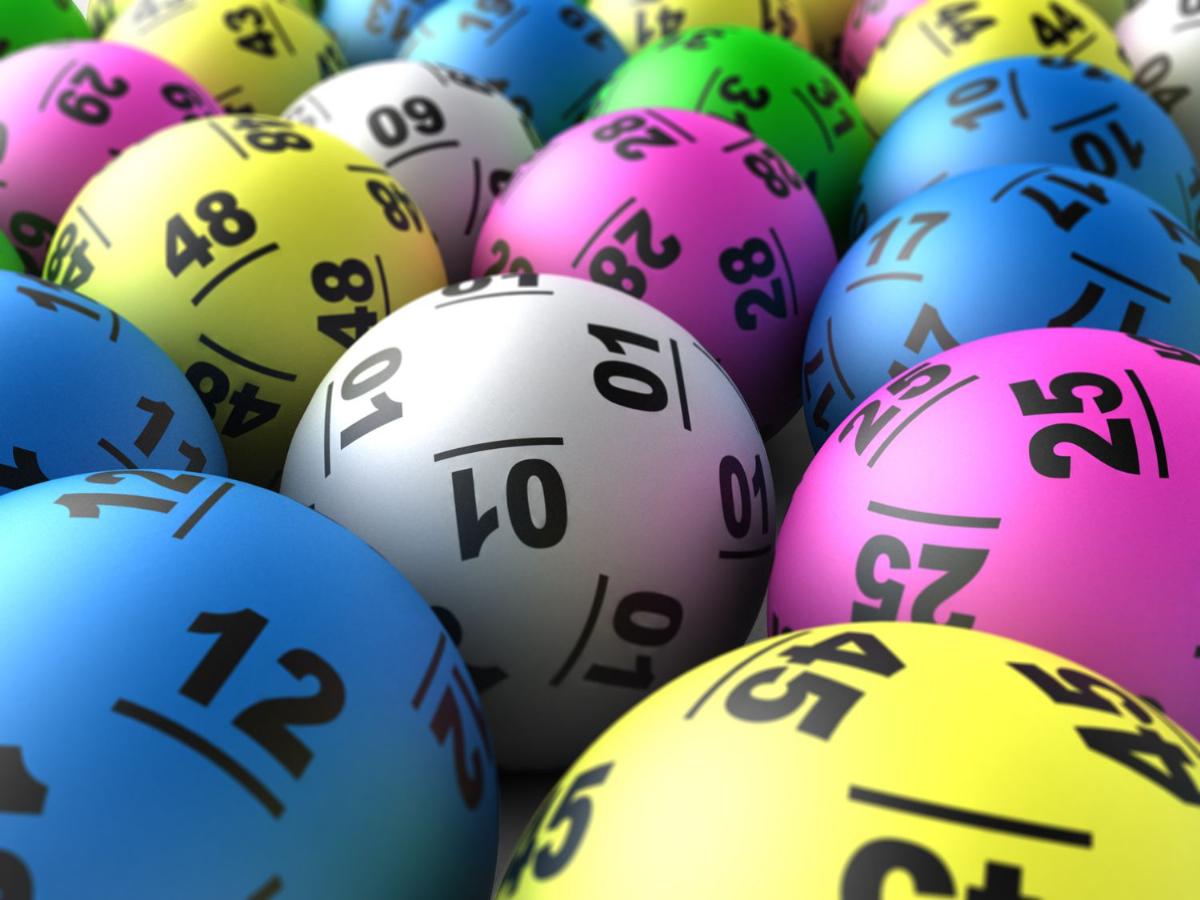
Lottery
A lottery is a form of gambling that involves the drawing of numbers for a prize. Lotteries can be organized by governments or private entities and have a long history, dating back to ancient times. The earliest known lotteries were conducted in China during the Han Dynasty between 205 and 187 BC, where funds were raised to help build the Great Wall. In Europe, lotteries became popular during the Roman Empire, initially used for entertainment purposes at dinner parties. The modern concept of lottery fundraising emerged during the Renaissance, particularly in Italy, where lotteries were used to fund public works.
In many countries today, lotteries are regulated by government authorities. Some of the largest lotteries in the world include the U.S. Powerball and Mega Millions, the EuroMillions in Europe, and the UK's National Lottery. In addition to providing entertainment, lotteries often serve as a means to raise funds for public projects, such as education, infrastructure, and healthcare. For example, in the United States, state-run lotteries often allocate a significant portion of the revenue to public schools and educational programs.
Lotteries operate in various formats. In some, the prize is fixed and can be in the form of cash or goods. In others, the prize amount is a percentage of ticket sales. Many lotteries also offer jackpots that grow if no one wins in a particular drawing. Lotteries can be structured as single-event drawings or multi-state lotteries, where players from several jurisdictions contribute to a shared jackpot.
The odds of winning a lottery vary based on the specific game and format but are generally quite low, which is a key factor in their popularity. The randomness of the drawing process and the appeal of potentially life-changing winnings make lotteries attractive to millions of people around the world.
Stichworte







